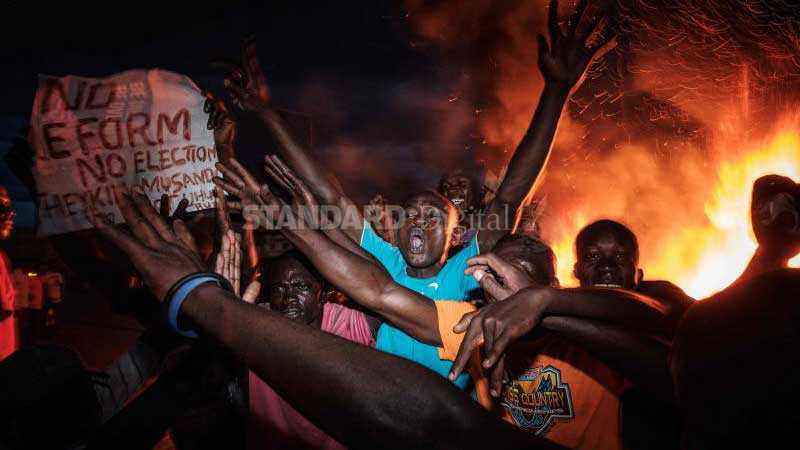
During the election period every five years, the Kenyan people are subjected to trauma, resulting from electoral violence. It is predictable that elections mean violence in Kenya. So far, since 1963 when Kenya attained her independence from Great Britain, the citizens have chosen their leaders every five years meaning 11 electoral cycles. The lessons learned I believe should have been enough to make Kenya a stable and a democratic nation. But alas! Instead of being a nation united by purpose, we are still searching for the best way to coexist as people of different ethnic groups.
The six decades of independence should have been sufficient to create the requisite institutions to safe guard the country against shocks caused by political competition. Enough examples have been given on how Kenya was at par or even better than South East Asian countries including South Korea and Malaysia sixty years ago. Consider the cases of Kenya and South Korea. In 1960 South Koreans were, on average, poorer than Kenyans.